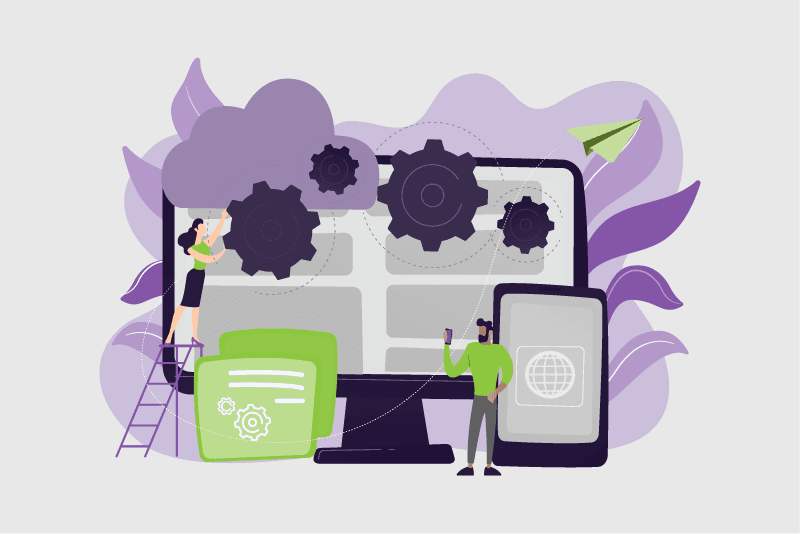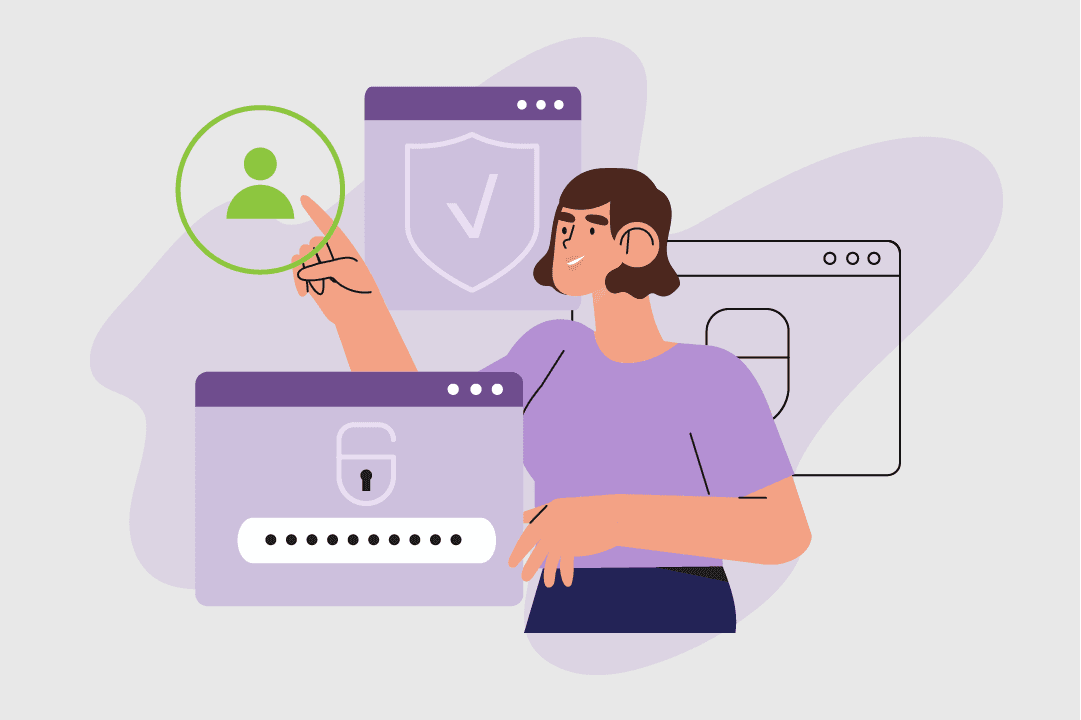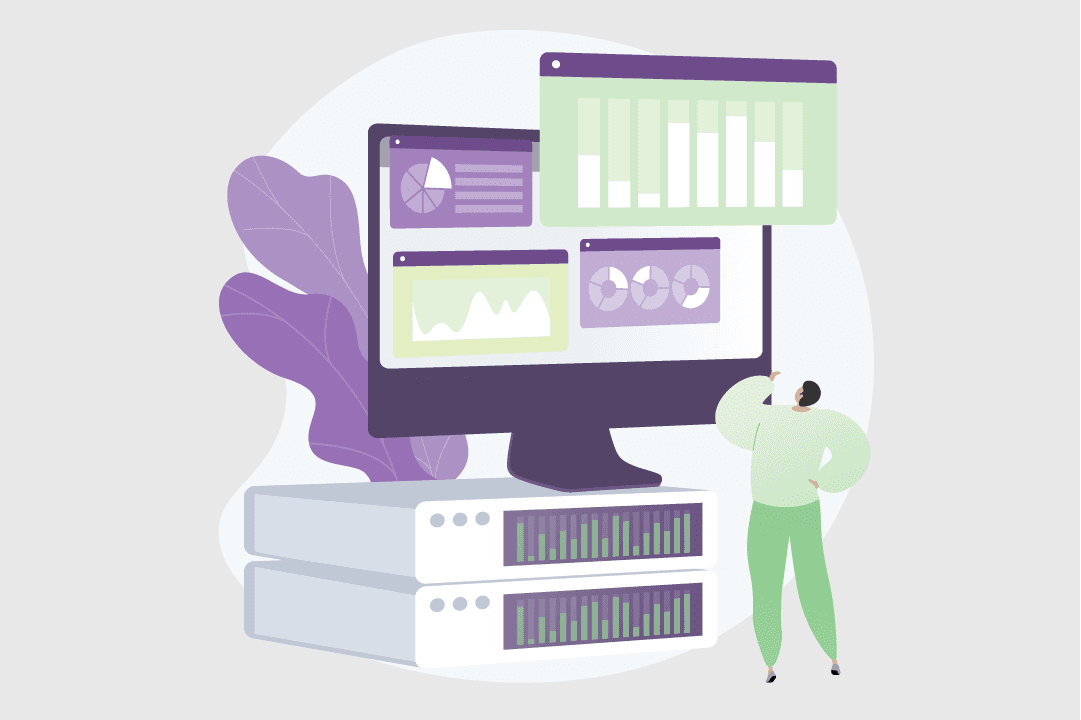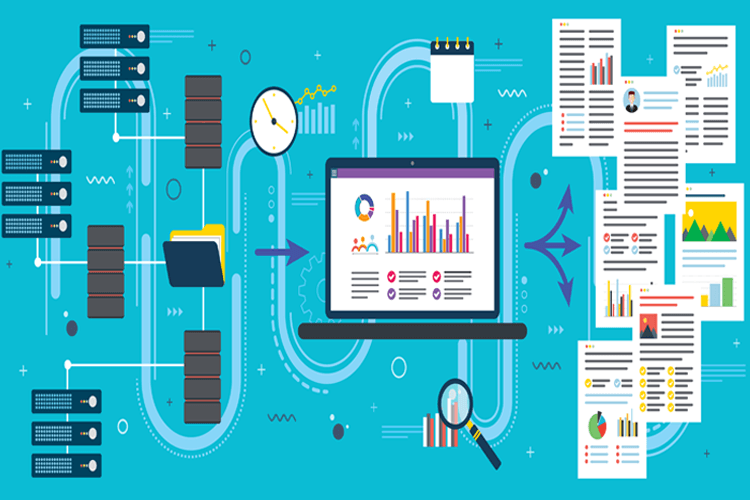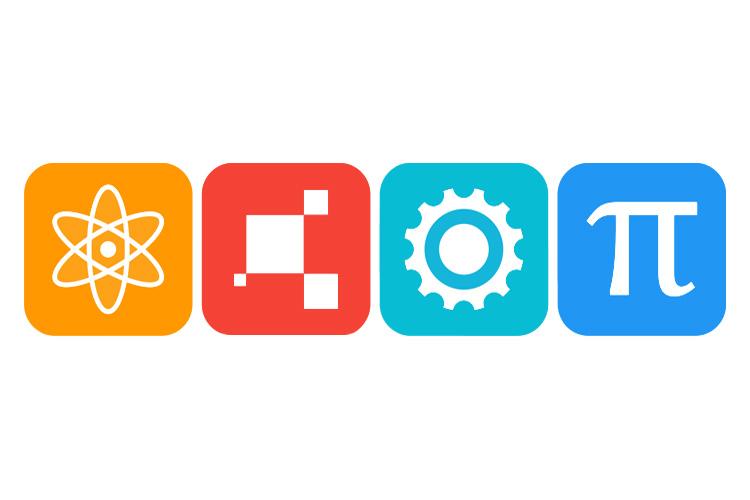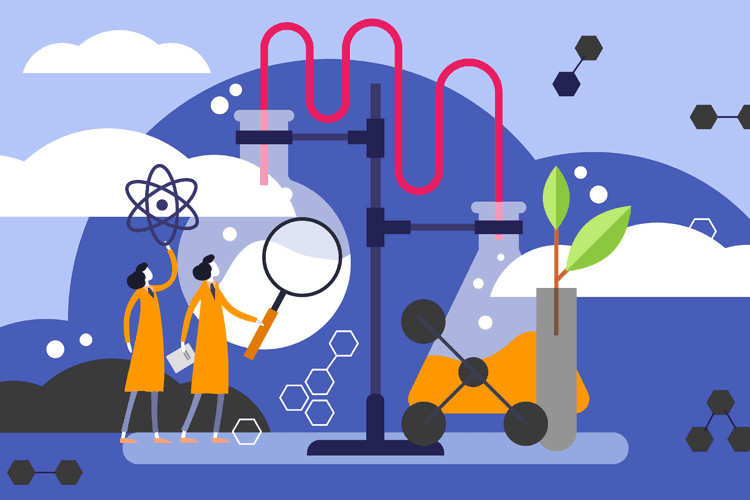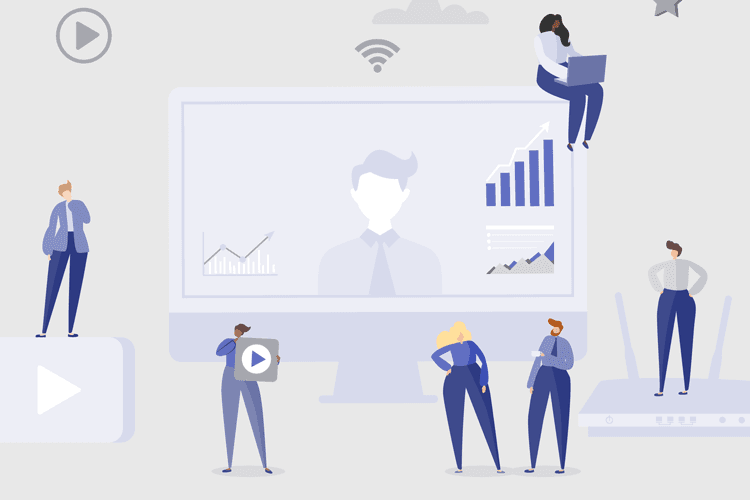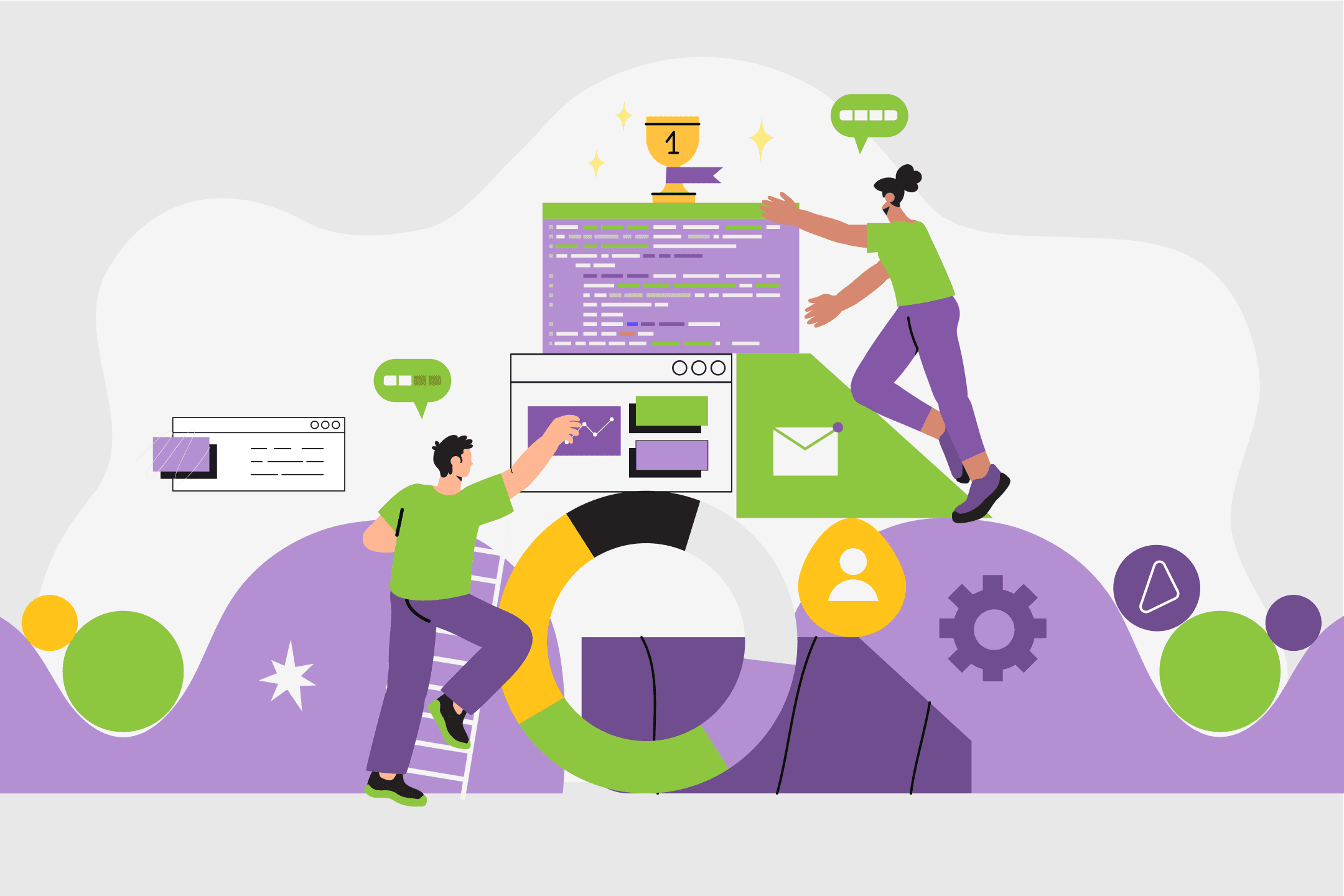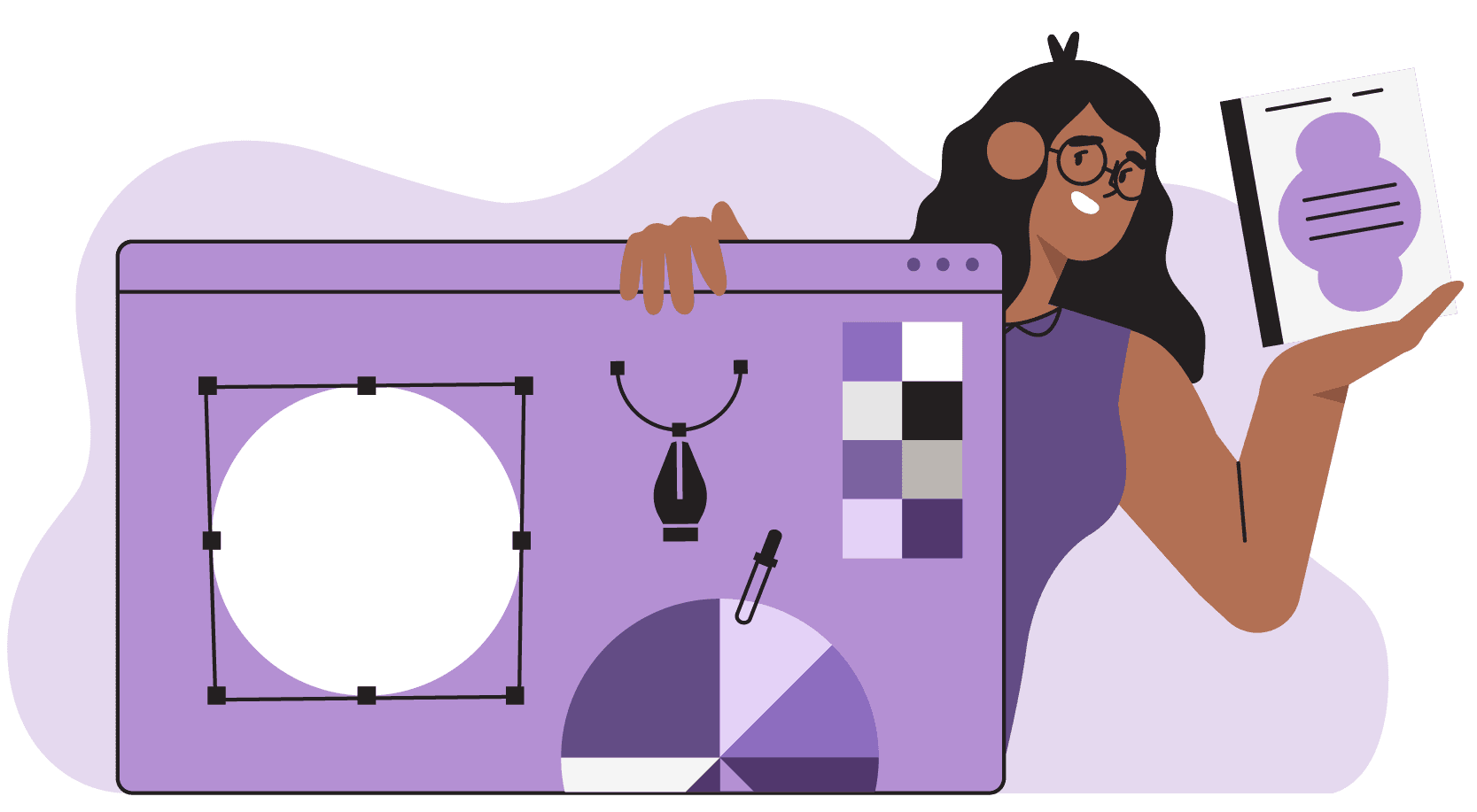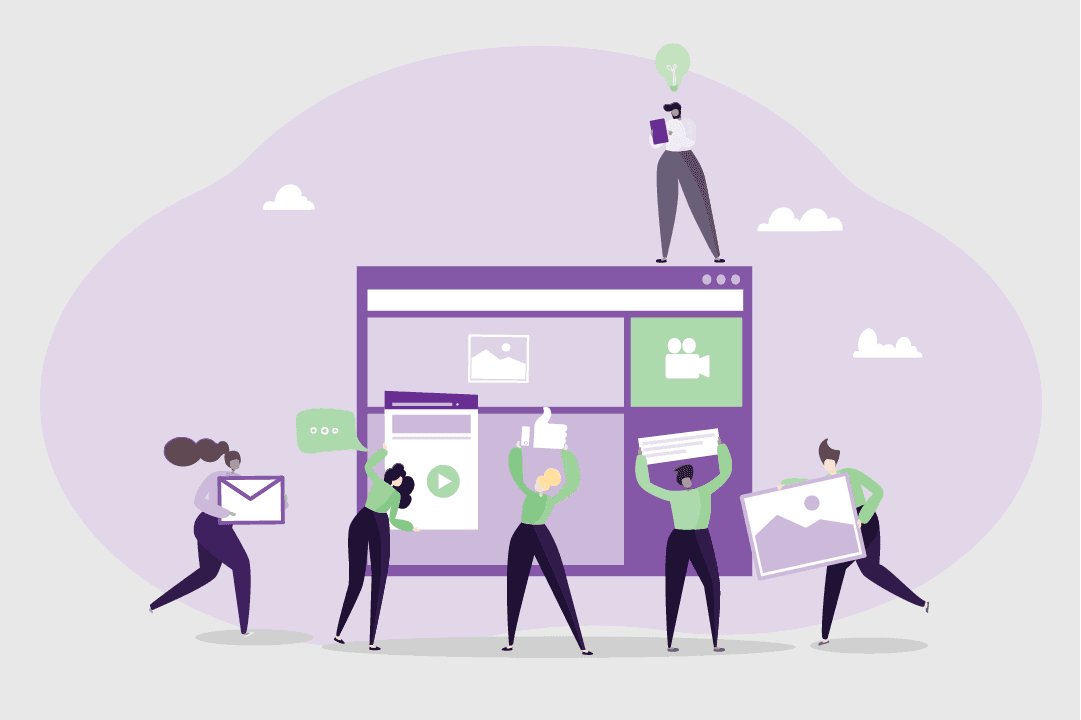Full stack developer job description
Let’s get real. Job information online can often be overly optimistic — conveniently glossing over the raw bits. But when you’re making decisions about your future, you need all the facts.
That’s why we anonymously surveyed full stack developers about their job, with hopes of getting an honest insight into what it’s really like.
While we did our best to ensure respondents were Australians and verified their job titles with proof of employment, we can’t guarantee complete accuracy — or that your experiences in the field will reflect theirs. So, we suggest that you take these insights as a guide only and try to talk to people in the field before making an important decision.
Tasks and responsibilities for a full stack developer
The day-to-day duties and tasks of a full-stack developer are:
- Developing the front-end, client-side usability of websites with front-end technologies and programming languages like HTML, CSS, Angular, React native, and JavaScript (alongside JavaScript libraries like reactJS, node.js, AngularJS, and jquery)
- Developing servers and databases for website functionality using back-end technologies programming languages like Java, PHP, SQL, Ruby, and Python (as well as the Django web framework for Python)
- Coding for mobile platforms so users can interact with web apps wherever they go
- Understanding and analysing clients' needs and how to best implement them
- Designing user interactions on websites
- Implementing cybersecurity protocols
How to become a full stack developer
-
Study
Studying helps you get the foundational skills for web development, specifically full-stack development. Qualifications such as a Certificate IV in Information Technology (Programming) (ICT40120) or a Diploma of Software Development (ICT50715) would be an excellent start for learning the ropes, as would study in a range of areas like computer science, software engineering, or IT. If you’re a self-starter, self-study to get the required skills may also be an option.
-
Develop your skills with projects
Making and scripting complex web applications and websites as a full-stack developer is one of the best ways of getting the required practical experience. Try out your skills on a project, and learn new skills as needed.
-
Get work experience
Find someone working as a full-stack developer to mentor you or get an internship or a work placement as you study. Experience in the development process helps you build your professional networks and your skills.
Pathway options
As you gain experience as a full-stack developer, you may be able to move into higher-level roles, with potential career paths like:
Junior
-
Junior web developer
-
QA tester
-
Software tester
Mid
-
Frontend web developer
-
Web developer
Senior
-
Full stack developer
Explore related qualifications
Certificate IV Information Technology
Explore the fundamentals of programming and learn how to code up apps and create databases as you study topics like critical thinking, cybersecurity, different emerging technologies, working in teams, troubleshooting and debugging, intellectual property and more. A Certificate IV may take between 9 to 12 months to complete.
3 providers offer this course
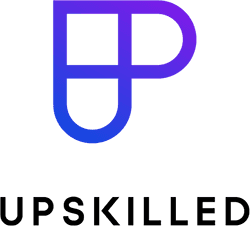


Diploma Of Software Development
Learn the technical and theoretical foundations of software development, including web development. Find out how to create and test programs, including web-based applications using various tools and programming languages. You may take courses in mathematics, statistics, and algorithms. Other topics include creating and maintaining databases and web servers, data structures, web frameworks, object-oriented programming, computer architecture, version control systems, operating systems, APIs, game design, artificial intelligence, and cloud computing. This qualification takes one year of full-time study (or part-time equivalent).
3 providers offer this course



Related subjects
If you’re interested in coding, managing complex technical projects, and meeting user needs, you may also be interested in:
Related articles
Keen to get a broader understanding of the IT industry and how different roles work together? Read on for expert insights and comprehensive guides.
Reviews
Reviews are from Australian workers with this job title or a very closely related one.
Is this your job title?
Share your thoughts and help people decide if this job is right for them.
- All
- Positive
- Negative
Chan
Nov 22 2021Comfortable.
What are the best parts of the job?
I've been in this job a long time and it's comfortable, I know how to do everything well and my colleagues respect me.
What's the most challenging part?
It can be very busy with a very high workload at times.
Dean
Nov 05 2021Designing and coding.
What are the best parts of the job?
I really like designing and coding, the satisfaction of building something and seeing it work.
What's the most challenging part?
The stress and time it takes to design something.
Callum
Nov 03 2021Colleagues are great, but bugs can be stressful.
What are the best parts of the job?
Communication with my switched-on colleagues is easy and makes my work much more pleasant.
What's the most challenging part?
Dealing with the problems can be quite stressful, you feel responsible for any mistakes or errors in the software.










